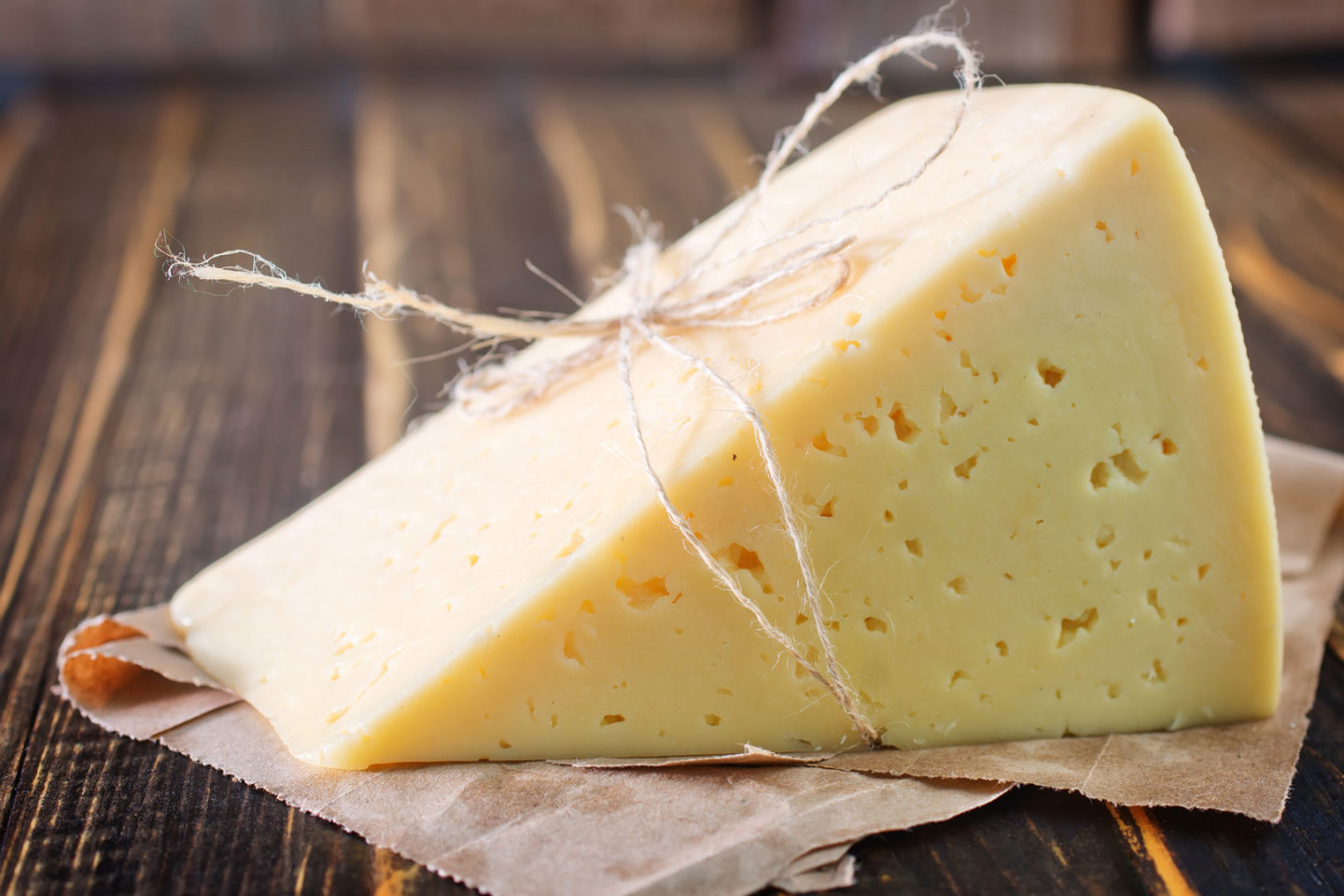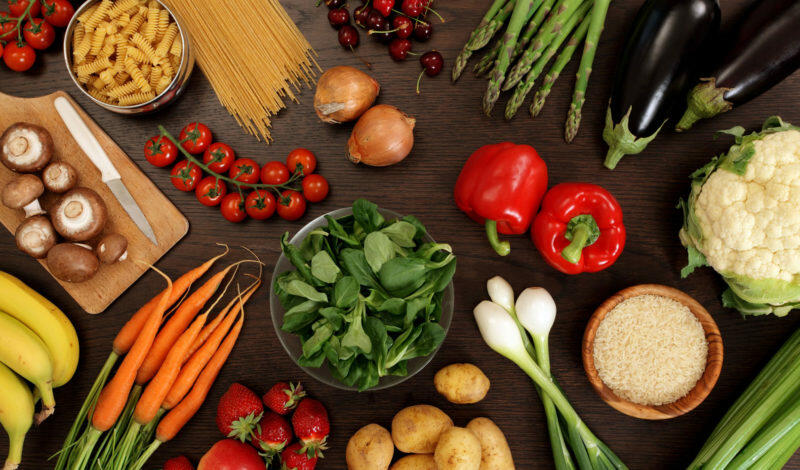What is Kombucha? Kombucha is a fermented tea that is easy to make using a kombucha culture (tea fungus, SCOBY [...]

Probiotic food – or why your gut loves cheese
The stink is a real killer. Harz cheese, Limburger, Roquefort, cave cheese, they all stink! But cheese connoisseurs know: the more stinky the cheese, the better its taste. Stinky cheese is also healthy, because with every piece you eat a tiny, healthy little helper.
They are especially good probiotic food for your intestinal flora and also strengthen your immune system.
Probiotic food- the older the cheese, the better
Cheese is one of the probiotic foods. It contains living bacteria and fungi, so-called probiotics. The word is composed of the Latin term pro “for” and the Greek term bios “life”. Probiotics therefore means “for life”. Probiotic bacteria and fungi are among the good ones in the intestinal flora.
There are about 400 different species of these in a healthy intestine, the most common being lactic acid bacteria. They have a very good property. Because they like it sour, they survive the sharp stomach acid. This means that you can always get new lactic acid bacteria through your food. This way you keep your intestinal flora in balance.
Check your menu. Are there enough probiotic foods in it?
For example, natural yoghurt, kefir, sauerkraut and cheese. However, it is important that these foods have not been pasteurized. During this process, dairy products are heated strongly to kill harmful bacteria. But this also affects the valuable lactic acid bacteria and the healthy, probiotic effect is no longer present. Living lactic acid bacteria are found in Gruyère, Mozzarella, Cheddar and Gorgonzola, among others. The older the cheese is, the more lactic acid bacteria it contains. During the maturing process they can spread nicely. This leads to the cheese taking on a strongly acidic smell, to put it nicely. Most people say: cheese stinks!
Probiotic food – But what about the fat!?!
Anyone who has ever been on a diet might want to protest now: But cheese is fat! Yes, that’s true. Depending on the type cheese contains a lot of fat compared to other dairy products. Nevertheless, you do him wrong if you dismiss him as a stinking fat bomb and ban him from your diet. Cheese also contains a lot of healthy protein, which should not be underestimated. In addition, it contains vitamin A, vitamin B2 and calcium, which is good for skin, bones and your metabolism.
A few times a week a nice piece of stinky cheese gives your intestines a healthy dose of protein, vitamins and lactic acid bacteria. But of course the same applies to cheese: a lot doesn’t always help a lot. If your intestinal flora has been out of balance for a long time, you can also support regeneration with probiotics in the form of food supplements. And with a balanced diet, you can quickly get your intestinal health back under control.



